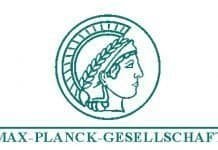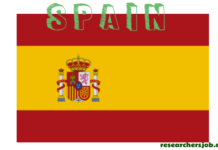PhD Position in DNA Nanoactuators: The Caneva Lab at TU Delft is seeking an ambitious experimental PhD candidate passionate about nanotechnology and single-molecule biophysics. The successful candidate will work on developing a DNA origami platform aimed at detecting rare circulating tumor DNA to facilitate cancer monitoring through liquid biopsies.
PhD Position in DNA Origami Nanoactuators for Molecular Diagnostics
Designation
PhD Candidate
Research Area
- Nanotechnology
- Single Molecule Biophysics
- Molecular Diagnostics
- Biosensor Development
Location
Delft University of Technology, Netherlands
Eligibility/Qualification
- MSc degree in Physics, Biophysics, Biochemistry, Nanotechnology, Materials Science, or a similar field.
- Prior experience with AFM imaging of biological samples, DNA origami nanotechnology, and fluorescence microscopy is highly desirable.
- Creative, open-minded, and proactive researcher.
- Excellent experimental and analytical skills.
- Ability to work both independently and as part of a team.
- Fluency in English (spoken and written).
Job Description
As a PhD candidate in the VIDI project, you will:
- Design and assemble a DNA origami platform that combines 2D material surfaces and single-molecule fluorescence imaging.
- Gain mechanistic insights into DNA nanomotions at 2D surfaces.
- Analyze datasets to reveal biomolecule mechanics and dynamics, assessing sensitivity and specificity of molecular switches.
- Contribute to a collaborative research environment within an interdisciplinary team.
- Utilize state-of-the-art facilities and equipment for research at TU Delft.
How to Apply
Interested candidates should apply via the application button on the TU Delft website, uploading the following documents:
- A cover letter explaining your motivation to apply for this PhD project.
- Your CV.
- The names and contact details of three references.
Applications must be submitted online; applications via email or post will not be processed.
Last Date for Application
6 July 2025
This scholarship post highlights a unique opportunity for outstanding individuals to participate in cutting-edge research at a leading university, focusing on innovations that have the potential to significantly impact cancer diagnostics.









